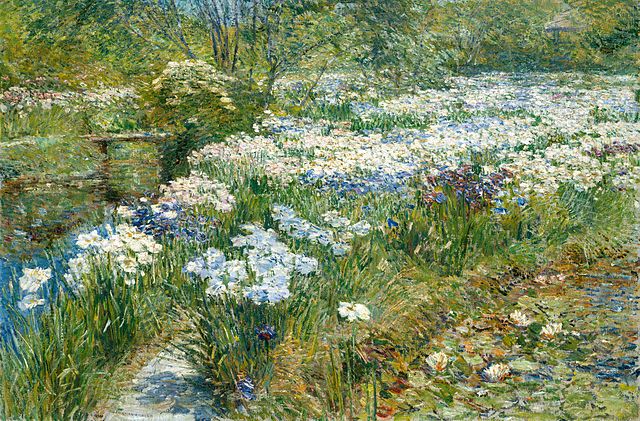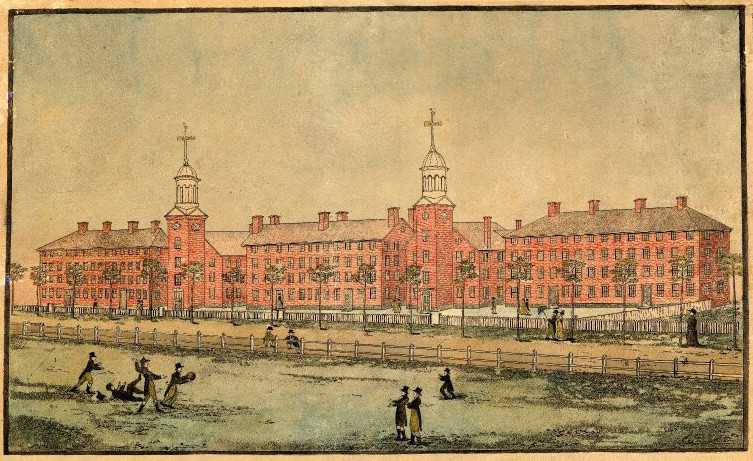Samuel Johnson? Noah Webster? Orison Swett Marden? Charles Caleb Colton? Tryon Edwards?

Question for Quote Investigator: If one’s contentment depends upon external forces and events that one cannot control then one should expect continual heartache. Seeking happiness requires changing one’s own dispositions. This notion has been attributed to the famous English lexicographer Samuel Johnson, the noteworthy U.S. lexicographer Noah Webster, and the popular motivational author Orison Swett Marden. Would you please help me to determine the originator together with a citation for the precise phrasing?
Reply from Quote Investigator: In 1750 Samuel Johnson wrote a piece in the London periodical “The Rambler” in which he discussed the philosophy of Stoicism:1
That man should never suffer his happiness to depend upon external circumstances, is one of the chief precepts of the Stoical philosophy. . .
Johnson discussed a poet who fantasized about traveling to America to attain a life of leisure and retreat. Yet, Johnson believed that the cause of the poet’s unhappiness was internal and achieving contentment required a mental shift. The word “trial” was spelled “tryal”. Boldface added to excepts by QI:2
He would, upon the tryal, have been soon convinced, that the fountain of content must spring up in the mind; and that he who has so little knowledge of human nature, as to seek happiness by changing any thing but his own dispositions, will waste his life in fruitless efforts, and multiply the griefs which he purposes to remove.
Below are additional selected citations in chronological order.
Continue reading “Quote Origin: To Seek Happiness by Changing Anything But One’s Own Disposition Will Waste Life in Fruitless Efforts”







